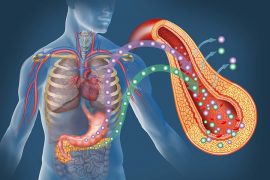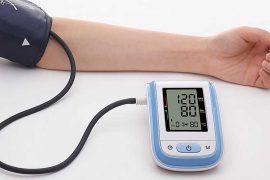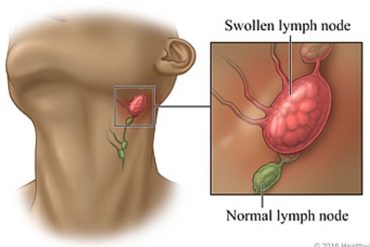7. Further Management and Care
Patients who are also dealing with infection aside from diabetic ketoacidosis must be treated with antibiotics. Managing complications like cardiac dysrhythmia, cerebral edema, pulmonary edema, and myocardial (heart muscle) injury must be done properly. An endocrinologist should be consulted to help with the treatment management after the patient is adequately stabilized.
Any changes in the pediatric patient’s mental status usually indicate a possibility of cerebral edema. Long-term and frequent monitoring of the blood glucose level at home can minimize the risk of developing diabetic ketoacidosis. In one study, it was found that diabetic ketoacidosis patients confined in the pediatric intensive care unit have excessive dosing of insulin and improper fluid resuscitation.





